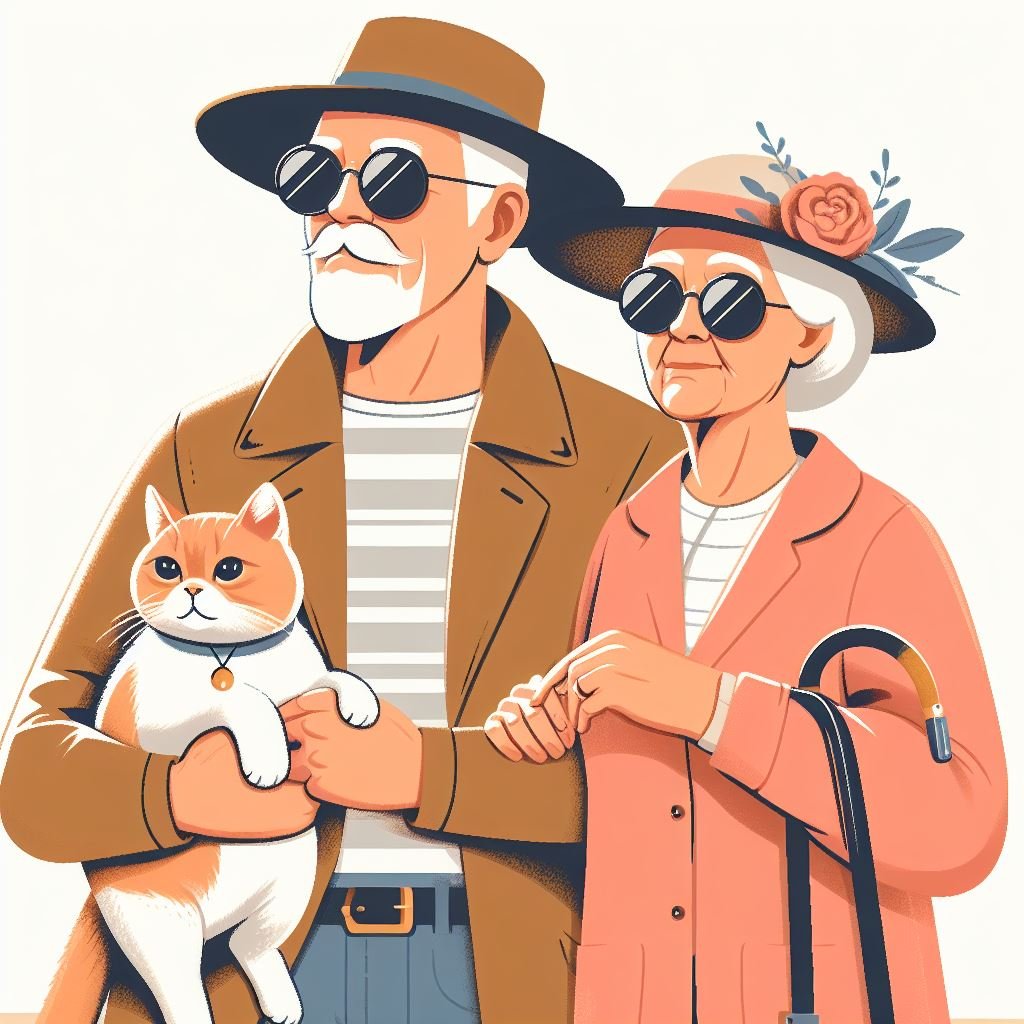As our furry friends age, it’s important to provide them with the care and attention they need to stay healthy and happy. Just like humans, senior pets require specialized care to ensure they age gracefully. By following these essential tips, you can provide optimal care for your senior pet, including tailored nutrition, exercise, and regular vet checkups.

Nutrition for Senior Pets
Proper nutrition is crucial for the overall health and well-being of senior pets. As they age, their dietary needs change, and it’s important to provide them with a balanced diet that meets their specific requirements.
Consider switching to a senior pet food formula that is specially formulated for older pets. These formulas often contain lower levels of calories and fat to prevent weight gain, as well as increased levels of antioxidants and joint-supporting nutrients.
Additionally, it’s important to monitor your senior pet’s weight and adjust their portion sizes accordingly. Obesity can lead to a variety of health issues, including joint problems and heart disease. Consult with your veterinarian to determine the appropriate portion sizes for your pet.
Exercise and Mental Stimulation
Regular exercise is essential for keeping senior pets healthy and maintaining their mobility. However, it’s important to tailor their exercise routine to their individual needs and limitations.
Low-impact exercises such as short walks, swimming, or gentle play sessions can help keep your senior pet active without putting too much strain on their joints. Be mindful of any signs of discomfort or fatigue and adjust the intensity and duration of exercise accordingly.
In addition to physical exercise, mental stimulation is equally important for senior pets. Engage them in interactive play sessions, provide puzzle toys, or consider enrolling them in obedience or agility classes specifically designed for older pets. These activities can help keep their minds sharp and prevent cognitive decline.
Regular Vet Checkups
Regular veterinary checkups are crucial for detecting and managing age-related health issues in senior pets. As they age, they become more susceptible to certain conditions such as arthritis, dental disease, and kidney problems.
During these checkups, your veterinarian will perform a thorough examination, including blood work and diagnostic tests, to assess your pet’s overall health. They can also provide guidance on any necessary vaccinations, dental care, and dietary adjustments.
It’s important to be observant of any changes in your senior pet’s behavior, appetite, or mobility and report them to your veterinarian promptly. Early detection and intervention can significantly improve the outcome for many age-related conditions.
Comfort and Environmental Modifications
As pets age, they may experience changes in their mobility and comfort levels. It’s important to make necessary modifications to their environment to ensure their safety and well-being.
Consider providing them with a comfortable bed that offers adequate support for their joints. If they have difficulty climbing stairs or accessing certain areas of the house, consider installing ramps or providing them with pet stairs.
Ensure that their living space is free from hazards such as slippery floors or sharp edges. Keep their food and water bowls easily accessible and consider using elevated feeders to reduce strain on their neck and back.
Finally, provide them with plenty of love, attention, and affection. Senior pets thrive on companionship, and spending quality time with them can greatly contribute to their overall well-being.
By following these essential tips, you can provide optimal care for your senior pet and help them age gracefully. Remember, each pet is unique, and it’s important to consult with your veterinarian for personalized advice and guidance based on your pet’s specific needs.
